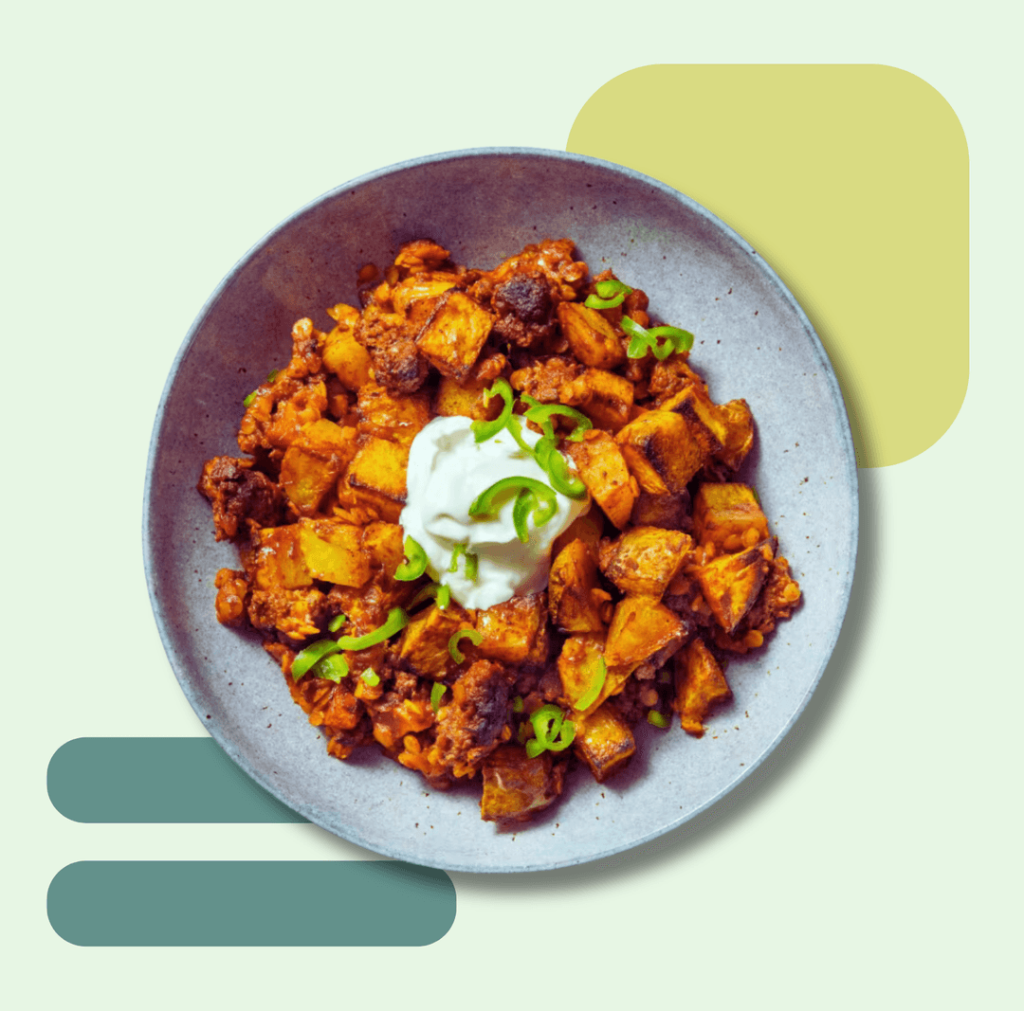Australian plant protein manufacturer Harvest B has rolled out its first blended meat range of products, Slow Cooked Diced Beef and Diced Lamb.
The company described the products on LinkedIn as, “…two world-first plant-animal protein blends that are healthier, offer greater value, and improve sustainability.” It added that its complementary proteins deliver meats with 30% more yield at the same cost as traditional animal meat products, while retaining iron along with boosting fibre and B12 content.
Harvest B also said that it developed its complementary protein products in partnership with animal protein processors to ensure they achieved a profile meeting the expectations of traditional animal protein consumers.


Slow Cooked Diced Beef and Diced Lamb. Images via Harvest B.
Regarding the target customer groups, Harvest B said its proteins are cooked via a sous vide method and therefore ideal for customers in institutional food service spanning airline, education, defence, mining, aged care, and hospital sectors.
“We have conducted trials with executive chefs and nutritionists across each of these segments who are excited by the taste and texture, as much as they are by the nutritional benefits we can deliver,” the company said.
The slow-cooked beef and lamb products arrive after Harvest B’s recent closing of its latest seed funding round, which took its total investment to $4.7M.
The potential benefits of blended meat
Plant-based meat has faced considerable pushback over the past year over concerns such as taste, texture, price parity, and health benefits when compared to conventional meats. Harvest B CEO Kristi Riordan spoke to Future Alternative about how the company’s complementary products address these concerns.
“Harvest B is offering protein that benefits from the familiar flavours of animal protein, yet is more affordable and nutritious,” Riordan said. “Chicken prices went up 225% over the past few years globally and protein is the largest portion of the food budget. People in Western countries are facing a chronic health crisis from excess saturated fats and too little fibre in their diets.

“Beyond cost and health, in food service, protein is the biggest barrier to reducing scope 3 GHG emissions. Our Complementary Proteins enable savings, nutritional improvements and emission reductions.”
Riordan also touched on criticisms of the health content of ultra-processed foods (UPFs) such as plant-based meats, referring to a recent, multi-country Guardian study that identified plant-based meats as free of the multimorbidity risks associated with other UPFs.
“The negative health impact of some processed foods is attributable to their poor nutritional profile; whereas processed foods can have a protective effect even reducing risks of chronic diseases because they contain fibre and are lower in saturated fats and sugar.
“Harvest B has developed proteins with these nutritional benefits in mind to retain strong protein levels, B12 and iron, reduce saturated fats, and cholesterol while also adding fibre.”
The Good Food Institute (GFI) has described hybrid plant and animal-based meat products as a “…promising means to improve the cost and sustainability of animal-derived meat while improving the taste of plant proteins.” The non profit added that promoting the health benefits of hybrids may facilitate consumer acceptance.
GFI also said that nomenclature testing similar to that conducted for cultivated meat to provide more consistent naming across the sector could further boost consumer buy-in for blended meat products.
To stay up-to-date on the latest industry headlines, sign up to Future Alternative’s enewsletter.


